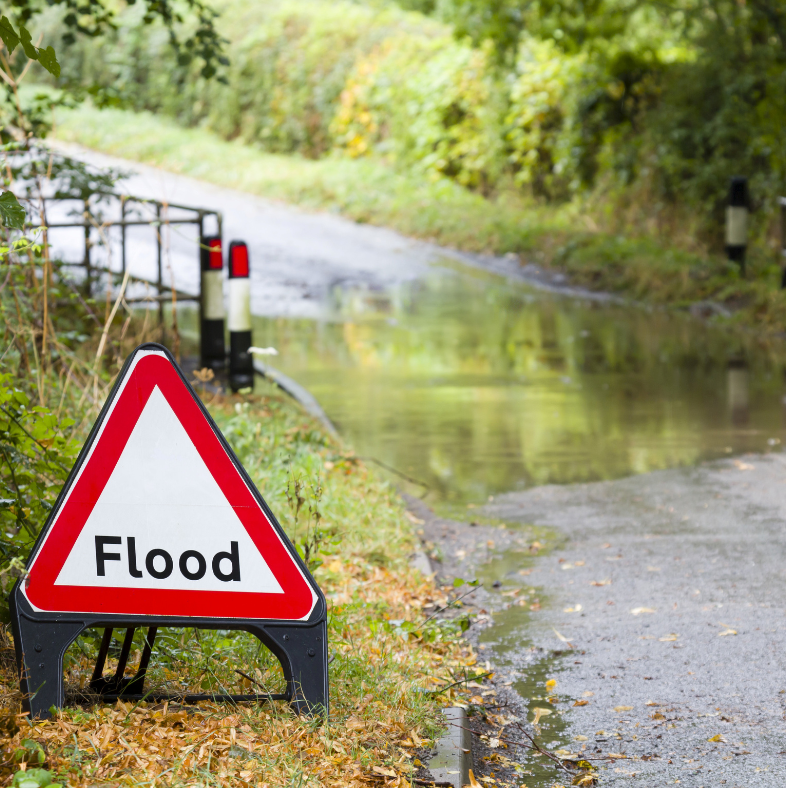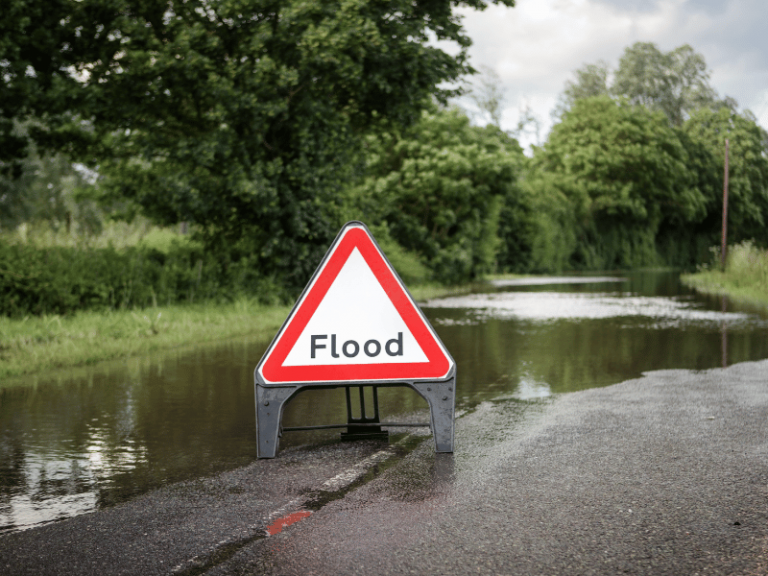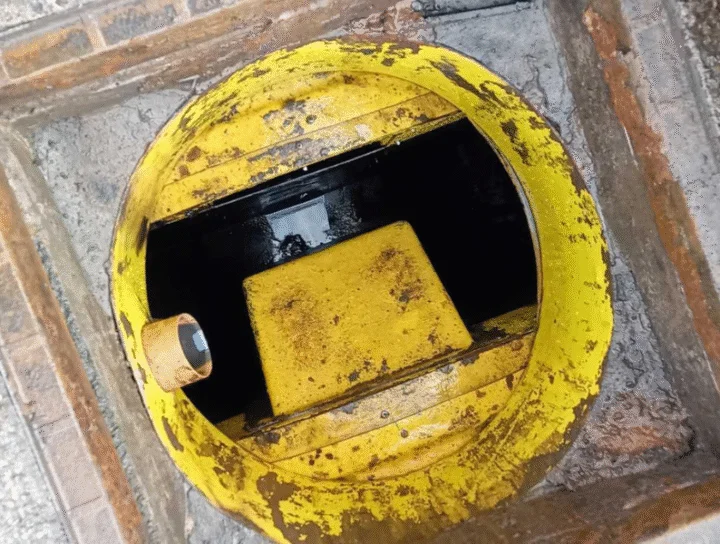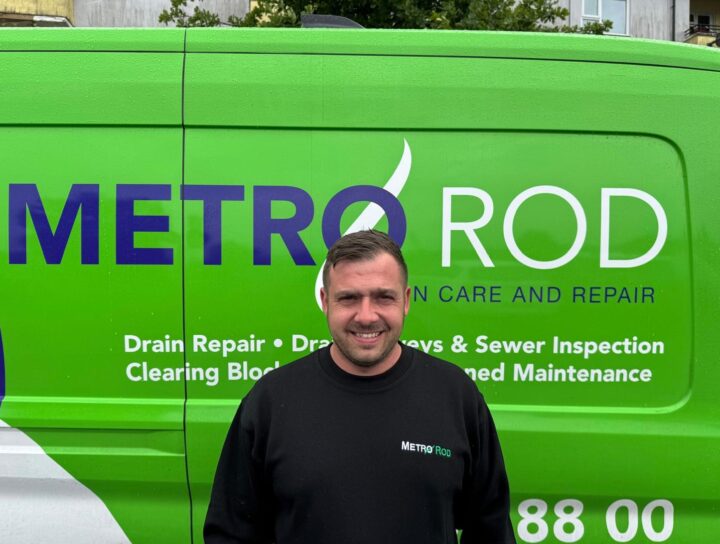The Importance of Taking the Right Steps to Prevent Flooding
If your home or business floods the impact can be devastating, not only in terms of higher insurance, but also the disruption and emotional toll it can take on you and your loved ones.
Climate change and human activity are leading to more frequent and major flooding events in some regions of the UK. But you don’t just have to live or work near a watercourse for it to happen to you. Flooding can occur on your premises due to a burst pipe, blocked gutters or blocked drains.
The good news is that there are lots of measures you can put in place to give your property some protection, and help you to prevent flooding. There are also places to go for support if you need emergency help for flooding.
Ways To Improve Flood Resistance
If you’re in an area that is prone to flooding, you should consider ways of preventing water getting into your building.
For doors and windows, temporary seals and removable barriers work well at preventing flood water from entering the building . Air brick covers are a great way to prevent water entering via ventilation holes and these can come with covers that are automatically activated by flood water. Manual covers could be used if a flood is expected.
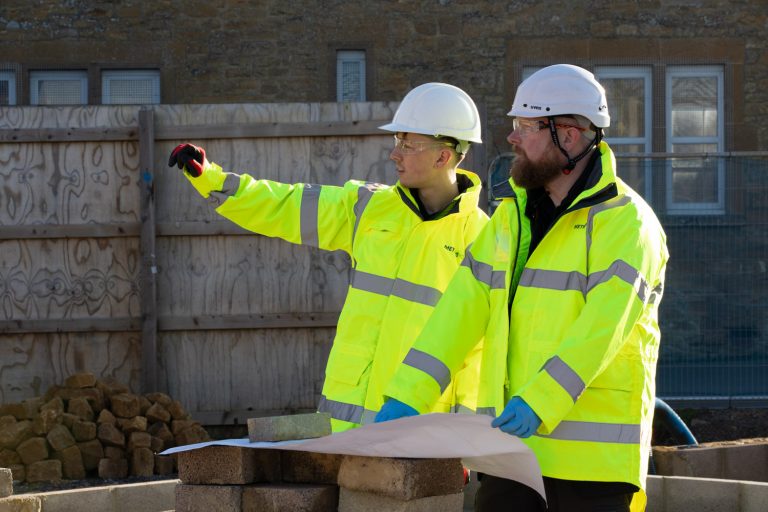
Floorboards in doorways can be installed to keep water out for a short period and would allow you time to move away any personal belongings and restrict debris from entering. It’s also ideal to keep a supply of water absorbent sandbag alternatives at hand to help soak up any water– as well as prevent it entering your property in the first place.
Meanwhile, toilets and drain pipes with one-way valves (non-return valves) can decrease any chance of sewage making its way back into your property during a flood.
Increased Flood Resilience
You can also prevent flooding by ensuring that if water does get into your property, minimal damage is caused.
This includes:
- Adding a built-in water pump to cellars that are vulnerable to flooding
- Using stone or ceramic tiles rather than laminate flooring, as they’re more resistant against water
- Ensuring any electrical sockets are moved above ground level
- Swapping any wooden window frames to UPVC ones
- Ensuring items that are valuable, precious or could be easily damaged or moved to a higher floor, if available
Drain Mapping
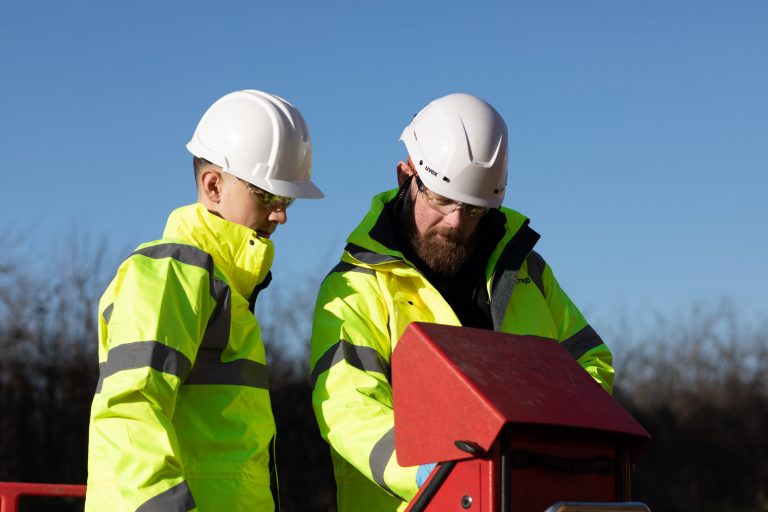
One way to make sure you’re prepared for any flooding is to have a detailed drain map in place. The plan would include an outline of your existing drainage system detailing any pipework, septic tanks, interceptors, access points for water and discharge points, along with the different types and sizes of pipes.
Having this in place means you can locate problems quickly should a flood occur – and most importantly, know how to get access to the problem.
Drain Cleaning
Out of sight and mind, drains are partial to flooding because they can become blocked with leaves, twigs, grease, roots and other nasties, making it difficult for water to escape. If you experience flooding from a drain, you’ll need to contact an emergency drainage service, and might be forced to close your business temporarily.
Instead, routine maintenance can help to avoid any unwanted surprises by having a CCTV drain survey carried out to inspect the integrity of the assets and the use of high-pressure water jetting units to clean gullies, drains and grease traps ensuring they’re kept in good working order.
Installation of Interceptors
Interceptors, or oil separators, are key for sites where surface water can become contaminated, for example in car parks or wash down bays. An interceptor can be fitted before the main sewer pipe or discharge outlet to catch any oil and debris which seperates it from the water. This means that non-contaminated water can freely flow through the system.
Preparing For Floods
Our drainage experts can carry out routine maintenance install solutions that will help minimise the risk of flooding during regular periods of heavy rainfall. And if you need an immediate, emergency solution for unexpected flooding, our flood water extraction experts can assist by using specialist tankers to remove any standing and/or foul-smelling water quickly and effectively.
In Need of Our Help?
At Metro Rod, our experts can help you reduce disruption from unexpected flooding with 24/7 support, 365 days a year throughout the UK. Contact your local Metro Rod team today for information on our full range of flood prevention services.
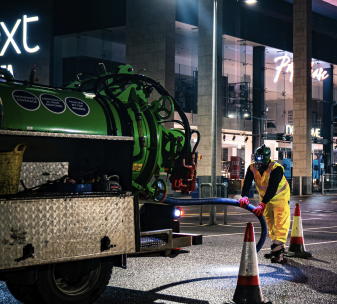
Talk to your local Metro Rod specialist
We are always happy to arrange a free site assessment and no obligation quotations for any work you might need. Alternatively, you can call our emergency hotline number on 0800 66 88 00
Get in touch Drainage Services